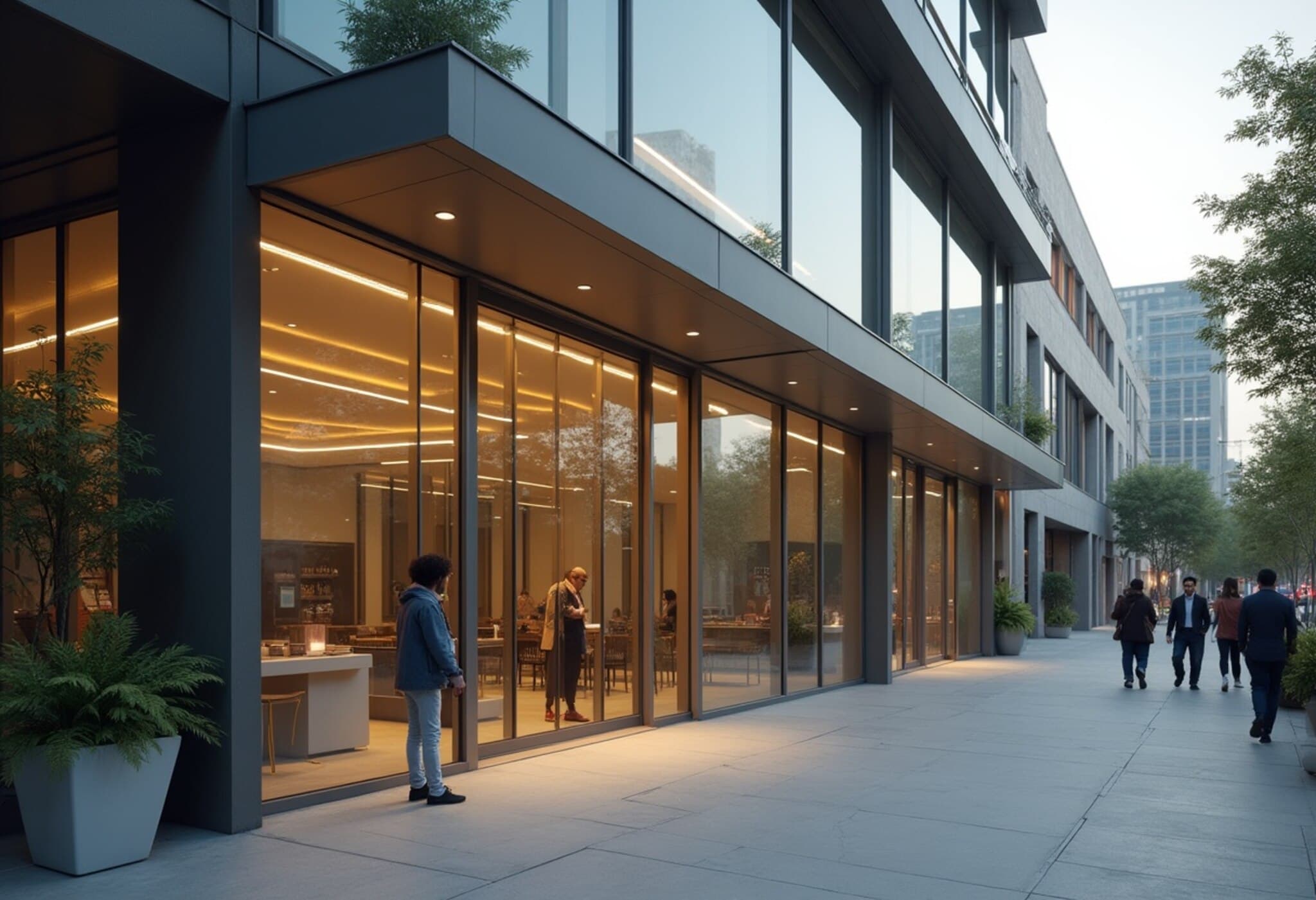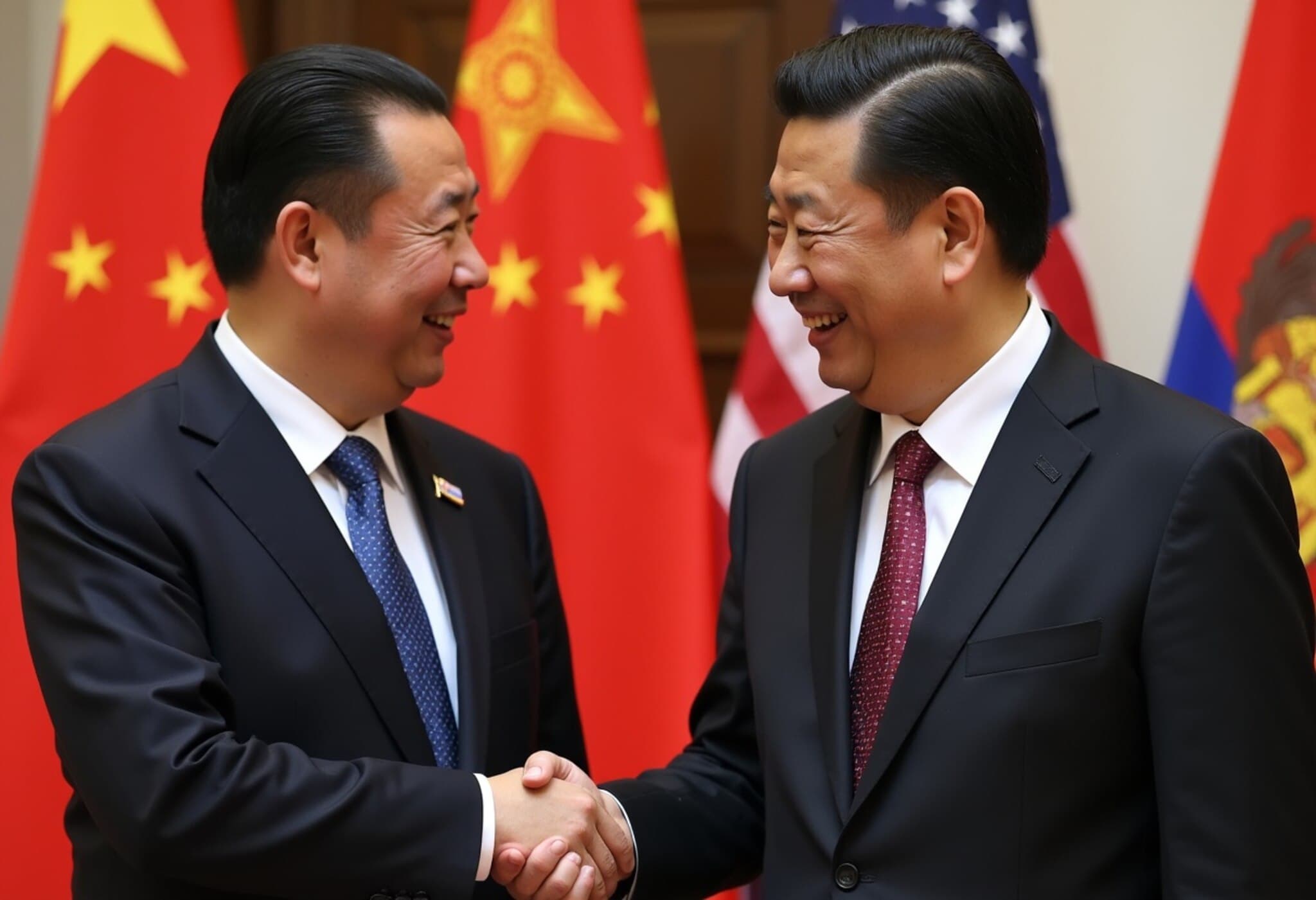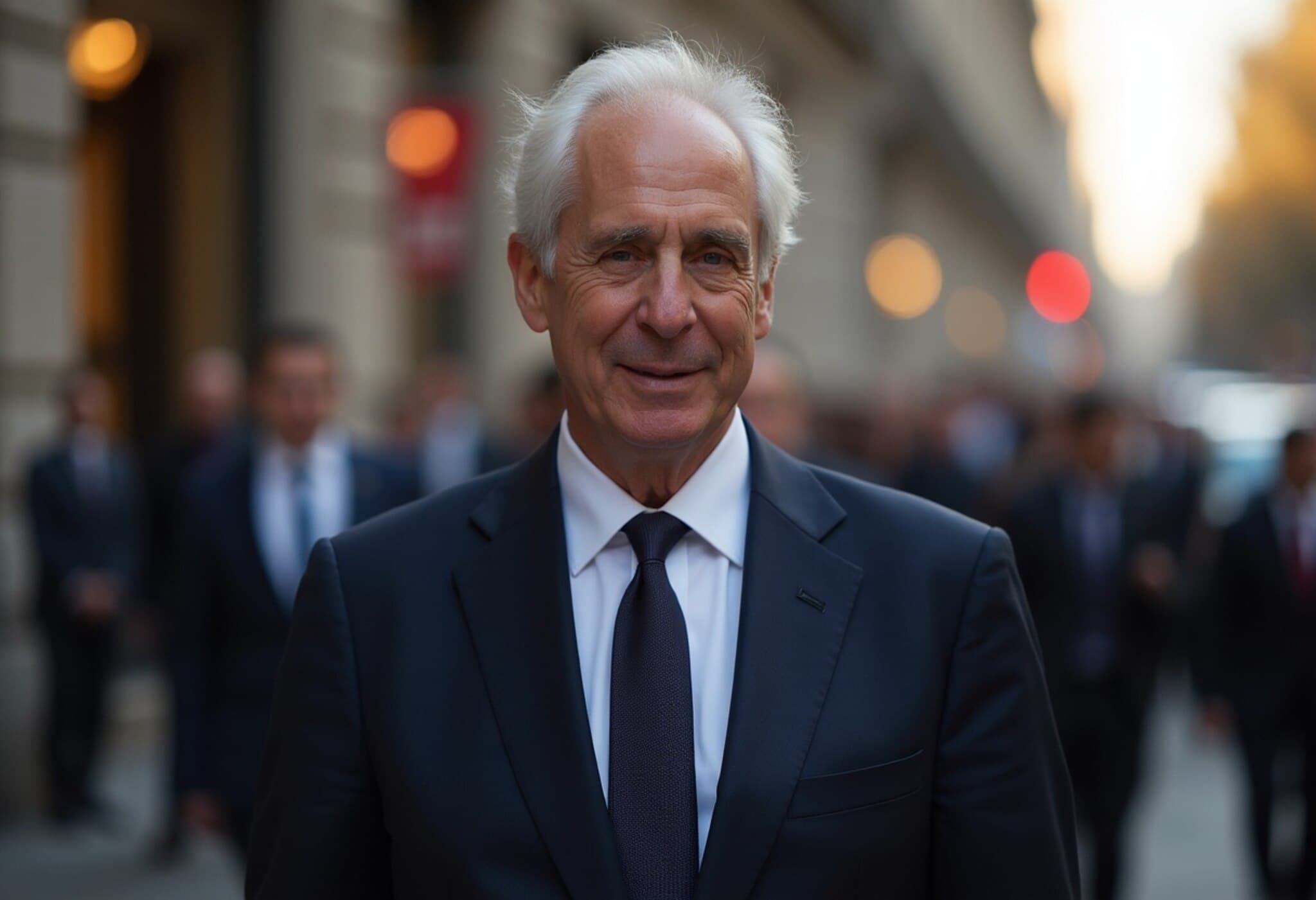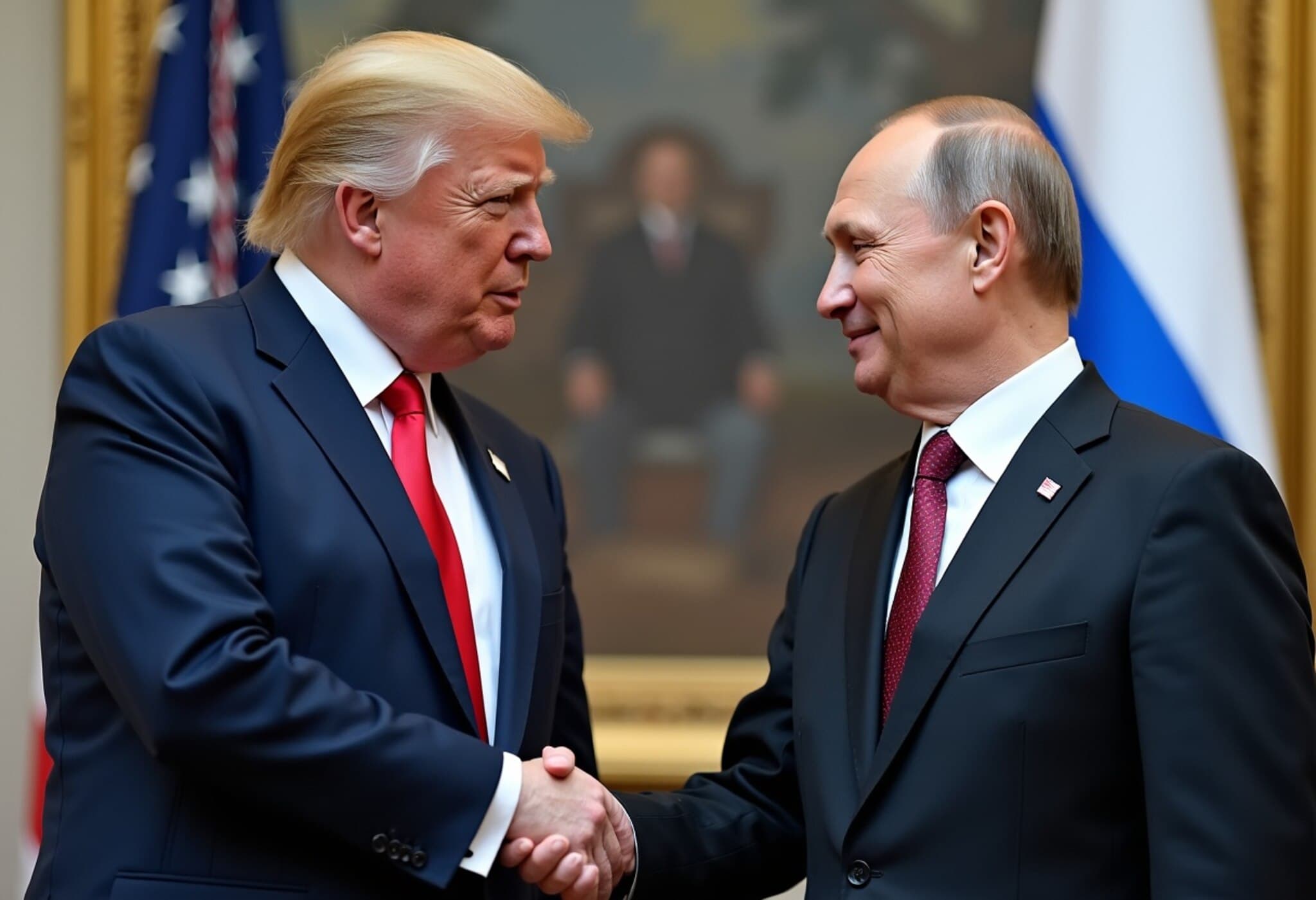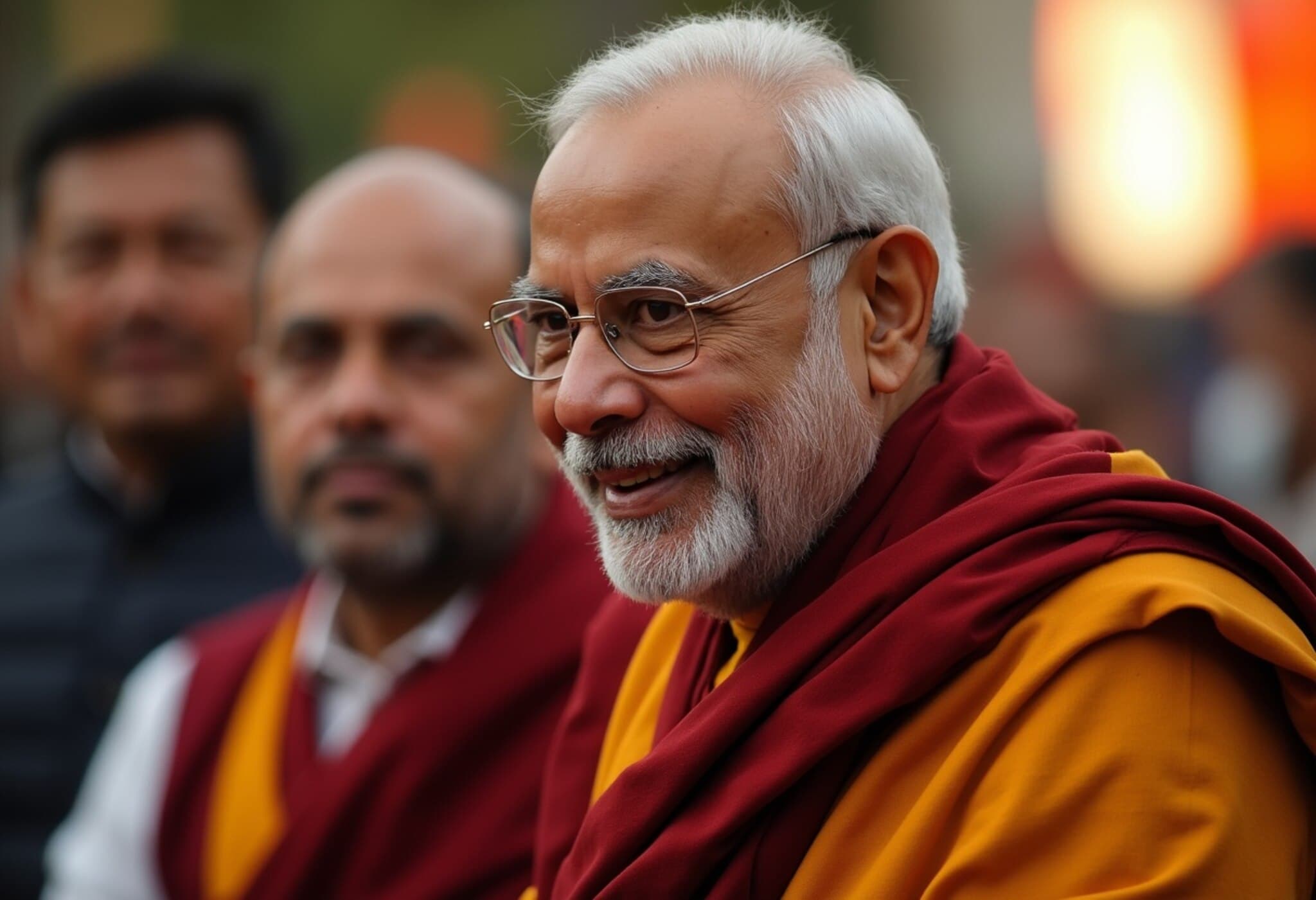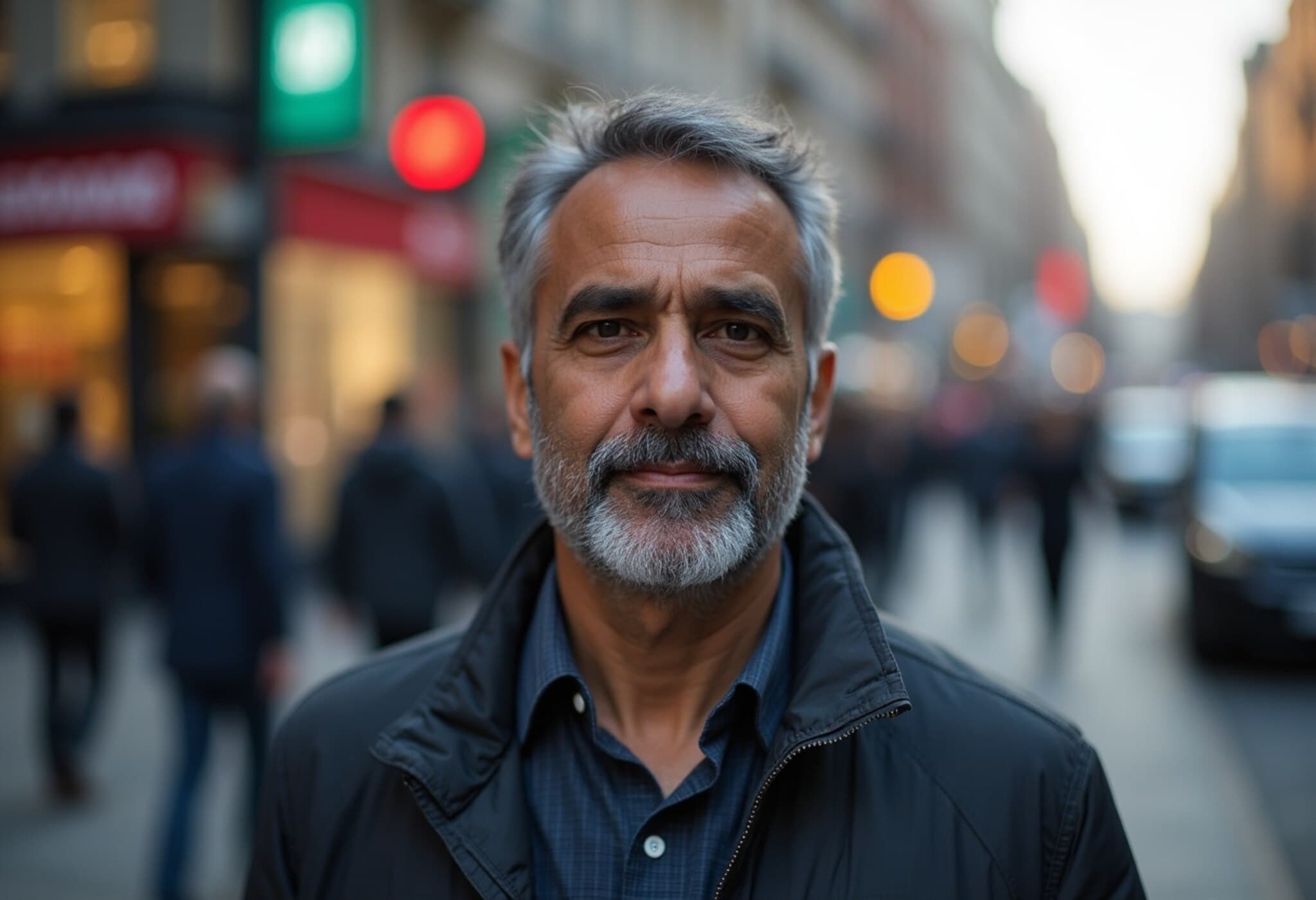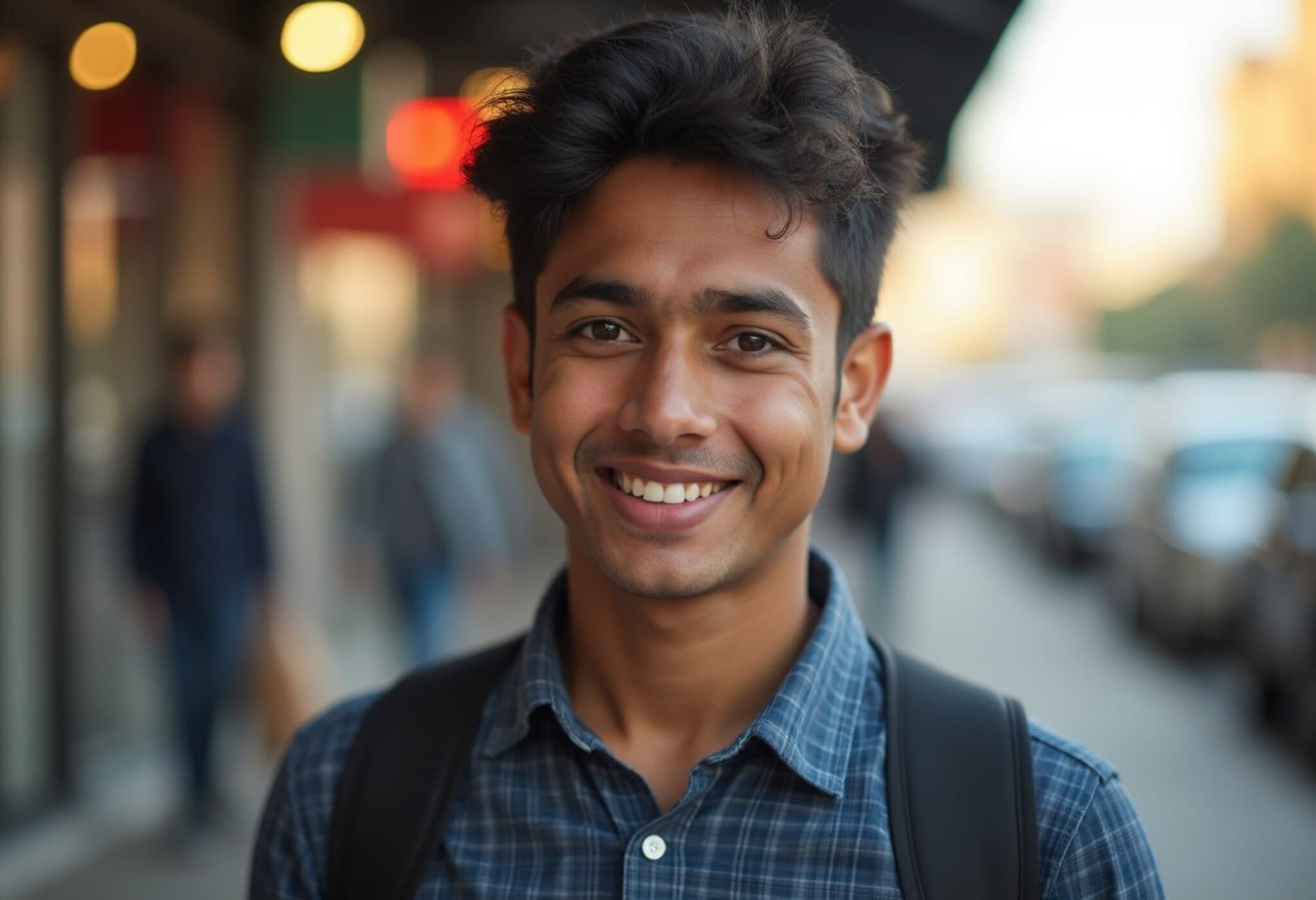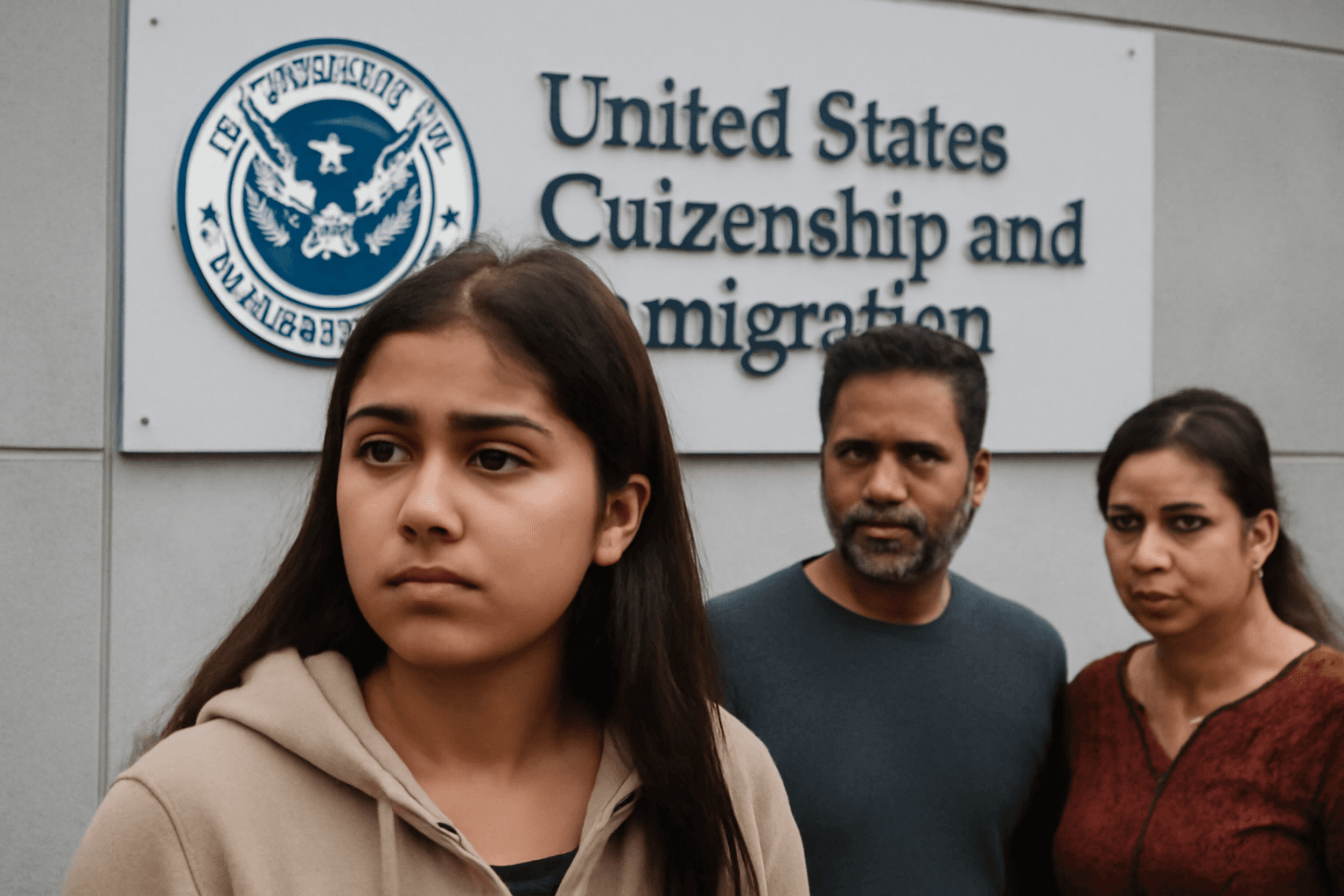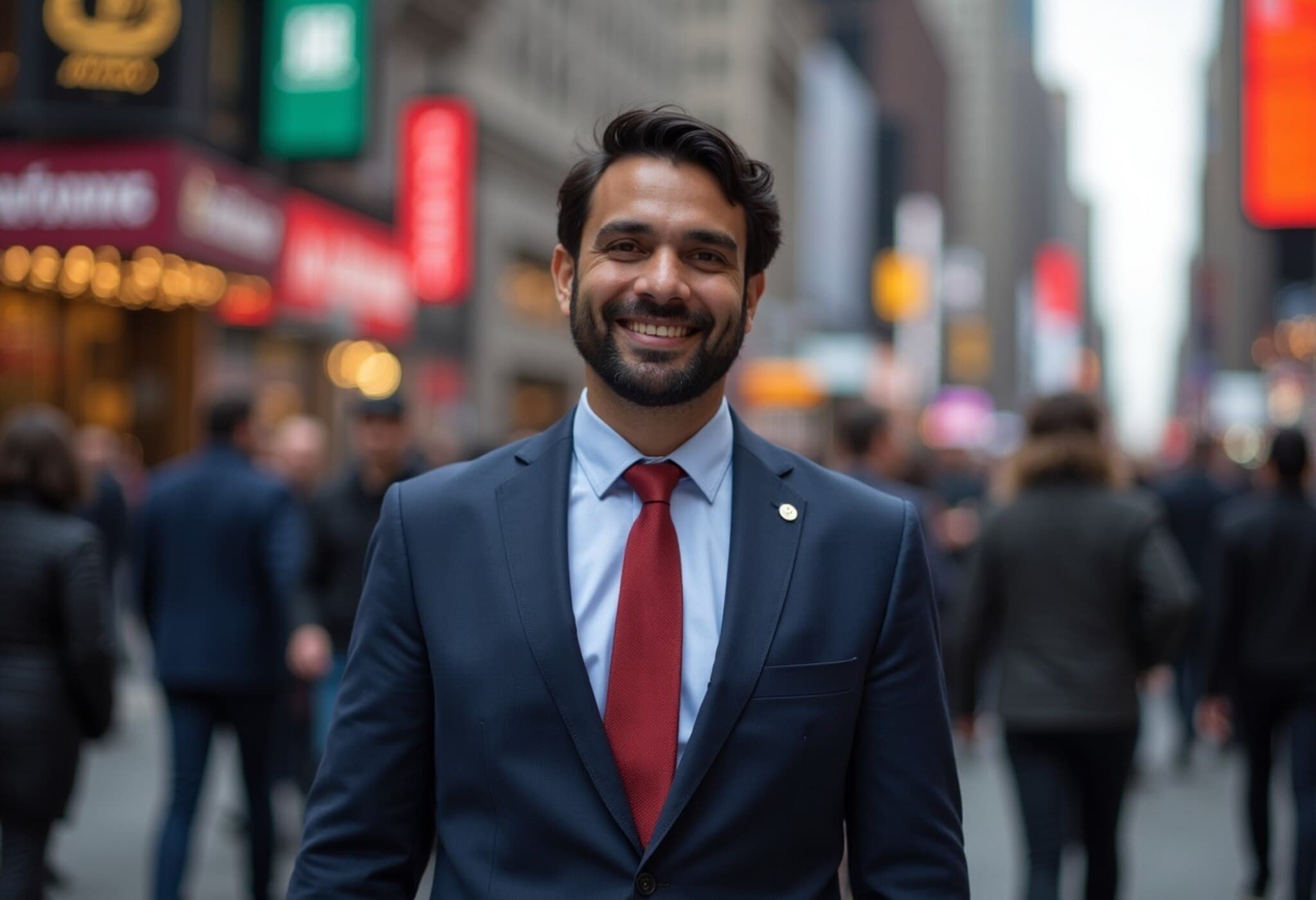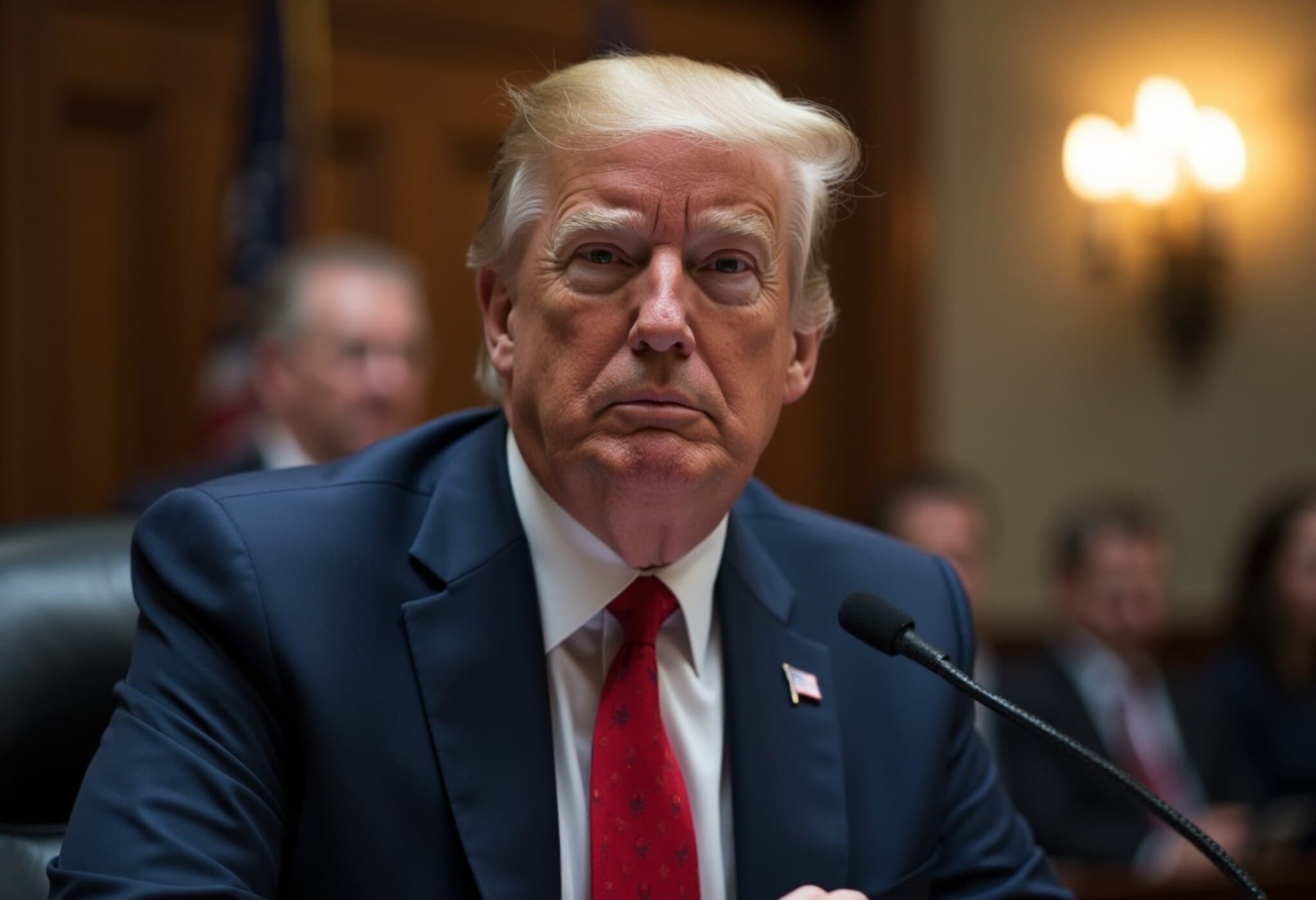India Expands Consular Reach with New Dallas Application Centre
The Consulate General of India in Houston has taken a significant step to bridge the gap between Indian nationals and essential consular services by inaugurating a new Indian Consular Application Centre (ICAC) in Dallas, Texas. This new facility aims to serve the expanding Indian diaspora across the Dallas-Fort Worth metropolitan area, reducing the need for long-distance travel to Houston for consular procedures.
Strategic Location to Empower the Dallas Indian Community
Located at 8360 Lyndon B Johnson Freeway, Suite A-230, the Dallas ICAC was inaugurated virtually by India’s Ambassador to the United States, Vinay Kwatra, alongside Consul General D C Manjunath. The inauguration was marked by the presence of local elected representatives and Indian-American community leaders, underscoring the importance and enthusiasm surrounding this development.
A Nationwide Effort to Enhance Accessibility
The Dallas centre is part of a larger initiative by the Indian government to open nine such centres across the U.S., including in Boston, Columbus, Detroit, Edison, Orlando, Raleigh, San Jose, and an upcoming centre in Los Angeles. This network is designed to streamline access to consular services for the diaspora, reflecting India's commitment to making government services efficiently reachable amidst growing expatriate communities.
- Services offered at the Dallas ICAC include passport and visa processing, Overseas Citizen of India (OCI) applications, power of attorney registrations, birth and marriage certificates, attestations, police clearance certificates for foreign nationals, No Obligation to Return to India (NORI), and life certificates.
- The centre operates six days a week, Monday through Saturday, catering to the busy schedules of applicants.
Community and Official Reactions Highlight the Centre’s Impact
Ambassador Vinay Kwatra emphasized that the expansion of consular centres is driven by a vision to serve the Indian diaspora more effectively by bringing services closer to their homes. "We remain steadfast in strengthening the bonds between India and its global community," he remarked during the inauguration.
Consul General D C Manjunath highlighted the pragmatic benefits: "Dallas has one of the most vibrant and dynamic Indian communities in the U.S. This centre brings essential consular services directly to them, eliminating the need for lengthy travels to Houston. It’s truly the Consulate at your doorstep."
Local Texas State Representative Vikki Goodwin praised the initiative, saying, "Making government services accessible and convenient for our Indian-American neighbors is a critical step in fostering community trust and integration." Meanwhile, Rajesh Mehta, president of the Dallas Indian Association, called the launch a "game changer," celebrating India’s demonstrated commitment to its overseas population.
Why This Expansion Matters: Broader Implications
With Indian origin populations in the United States surging—estimated at over 4 million—the demand for accessible consular services has never been higher. This multi-city expansion reflects not only administrative convenience but also highlights the geopolitical importance of diaspora engagement in bilateral relations.
Experts note that by decentralizing consular functions, India strengthens soft diplomatic ties and enhances the diaspora’s quality of life, which can translate into stronger economic links and cultural exchange.
Looking Ahead
As the new ICACs begin operations nationwide, observers will be tracking how these centres improve consular turnaround times and user satisfaction. It also raises critical questions about how technology and diplomacy can collaborate further to serve global citizens efficiently.
Editor’s Note
The inauguration of the Dallas Indian Consular Application Centre marks a promising shift in how a booming diaspora community accesses vital government services. Beyond convenience, these centres represent a strategic engagement with the Indian-American population, a demographic that continues to shape both local economies and international relations. Readers should consider how such initiatives reflect larger trends in consular diplomacy and the role of diaspora communities in global politics.

